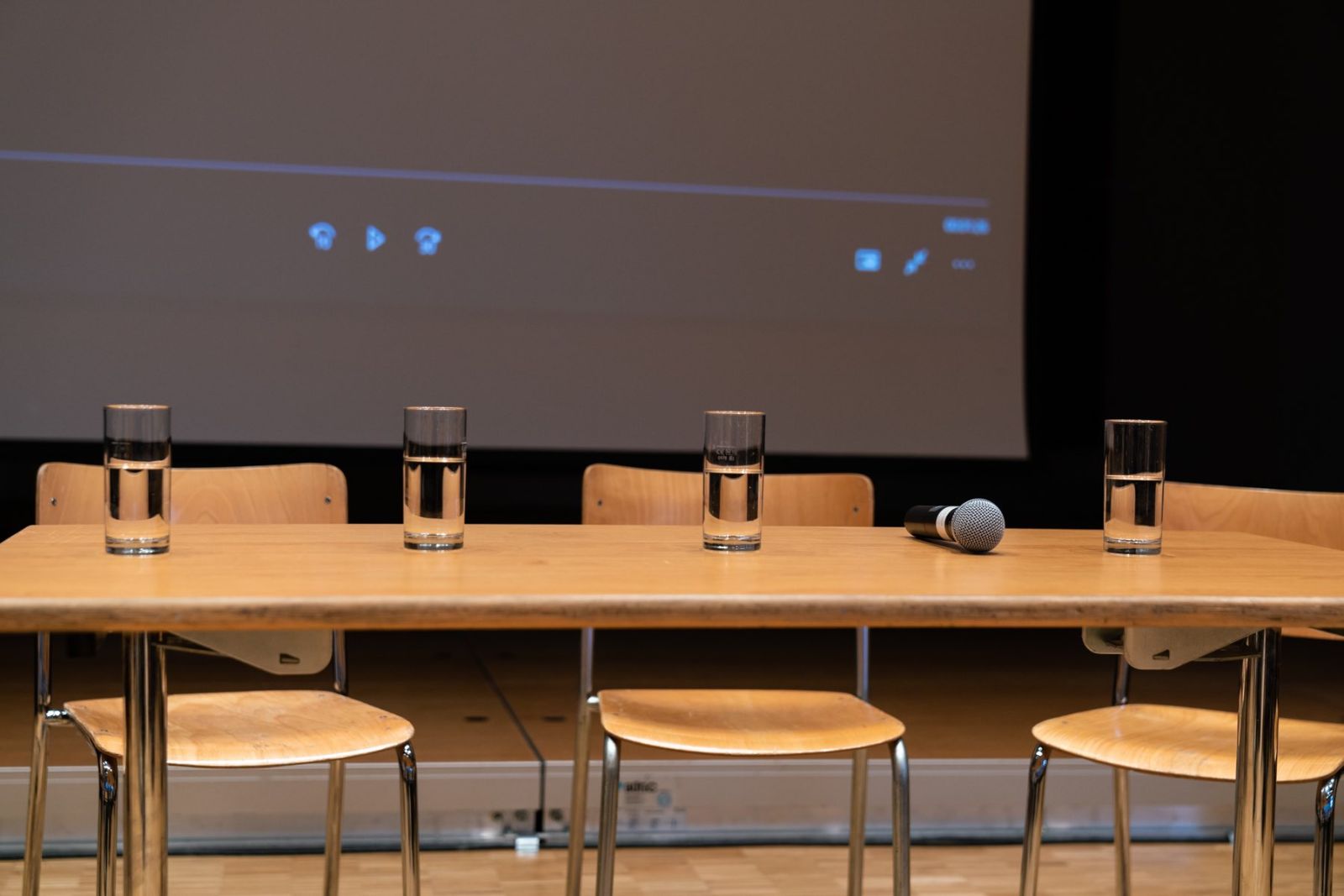Donnerstag-Akademie
The creation and re-creation of Middle English song: Why ignoring original text underlay is historical, and when to do it
Presentation by Grace Newcombe
20.05.2021, 19:00h
online

Aufgrund der aktuellen Corona-Lage findet der Vortrag via ZOOM online statt.
Die Zugangsdaten erhalten Sie kurz vor der Veranstaltung per Mail.
Bitte melden Sie sich dazu bis spätestens 19. Mai 2021 an über die
Veranstaltungsseite der Musik-Akademie Basel www.musik-akademie.ch
The alignment of text and melody in medieval song is not always a perfect fit. Sequences, dual-texted songs, and multi-strophe songs are regularly preserved with a clear alignment of text and melody for the uppermost verse or strophe only; the musical overlay of any subsequent text is commonly left to the discretion of the performer. In such cases, the usual modus operandi of modern performers and editors is to re-create, as closely as possible, the neume-to-syllable alignment of that uppermost verse or strophe for the remainder of the song: ligatures, ornamentation, and melodic anacruses are directly carried over to their numerically-equivalent syllables in subsequent verses or strophes.
New data suggests that at least where Middle English lyrics are concerned, such efforts to preserve the integrity of the surviving melody may in fact be counterproductive in terms of historical performance practice. Analysis has revealed associations between text and melodic gesture which call for the active adjustment of text-melody alignment in multi-strophe Middle English songs and contrafacta. This presentation will provide practical guidance on how to deviate from the source in ways that likely came naturally to a thirteenth-century British singer—so naturally, that the prescriptive alignment of text and melody for all strophes was not necessary in written preservation.
Grace Newcombe began her musical training in the UK, as a chorister at Salisbury Cathedral and an Organ Scholar at the University of Oxford. She later moved to Basel to study medieval-Renaissance performance and vocal pedagogy at the Schola Cantorum Basiliensis. Grace recently completed her AHRC-endorsed doctoral research in medieval British song at the Universities of Southampton and Bristol. Alongside her musicological interests, Grace enjoys a career as medieval-Renaissance performer, and directs the medieval ensemble RUMORUM. http://www.rumorum.com/
